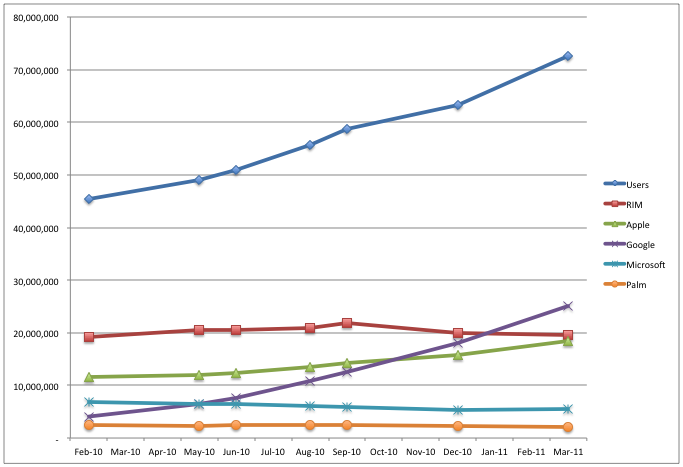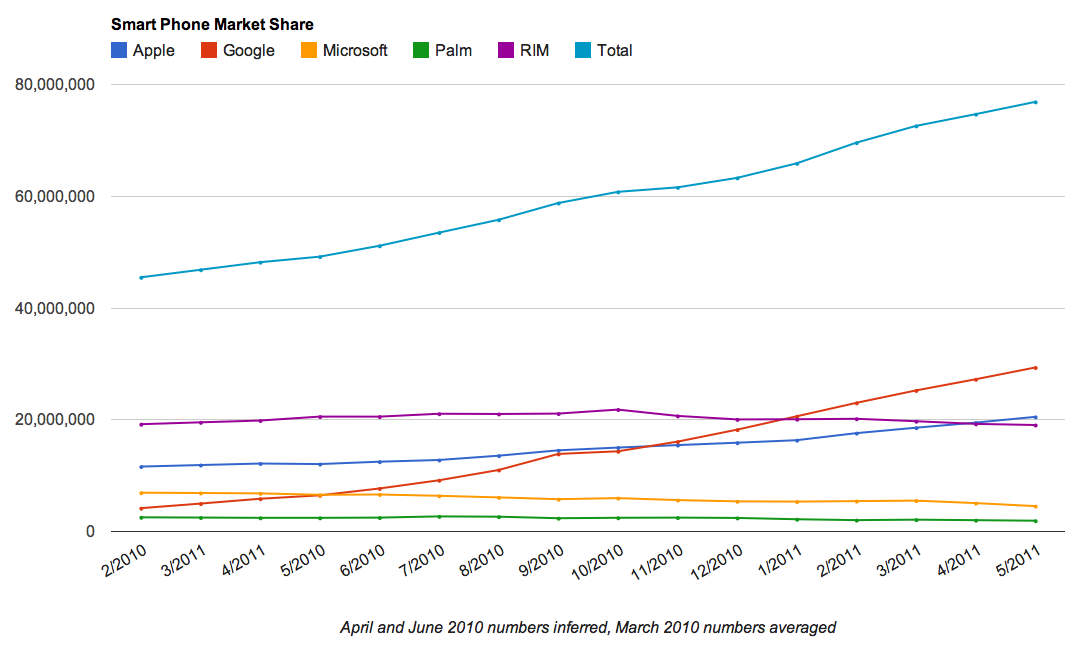Apparently there’s a growing number of people strategically defaulting on their mortgages. Or, at the very least, there’s a growing fear that this is happening. For some commentators, this is a sign of low moral fiber, that the strategic defaulters are somehow breaking their word, losing their honor, etc.
Bullshit.
Housing loans are not based on the belief that the borrower will pay the money back because his honor is at stake. They are based on a contract, which spells out exactly what the lender can do if the borrower stops paying back the loan. The lender can choose to take the house and sue the borrower for the difference between the house’s value and the loan amount (unless it is a non-recourse loan).
There’s also this refrain of unease that not only is the decision to default immoral, but it’s just too easy and trivial to do. That the borrower somehow escapes punishment-free for buying too much house or getting a terrible loan.
But losing your home and getting sued is not a trivial thing. Not to mention the massive hit your credit score will take. For the borrower who defaults, it means that credit will either be unavailable or offered at exorbitant rates. Moreover, employers and landlords often do credit checks prior to hiring or renting, which will further limit the borrower’s options.
Nor is it necessarily easy! The lender has the option to take the home, but no obligation to do so. If there’s a glut of inventory in a particular submarket, a backlog of defaults to process, etc., the lender can choose to send nasty letters to try to get the borrower to pay, but may hold off on actually seizing the property. In the meantime, the borrower still owns the property and any liabilities that go along with it.
Finally, there are those that mention other effects of the foreclosure, such as declining house values and higher borrowing costs within the submarket or economic cohort. But aren’t these effects the natural outcomes of a market? We are coming off a 7 year bubble; houses are going to go into foreclosure, prices will drop, costs will increase, and to expect anything else is insane.
The bottom line is that the decision to take a loss, just as the decision to purchase, should be evaluated rationally by the individuals involved. There are a lot of things to consider beyond the value of your house, the amount of your loan, your monthly income, and the monthly expenses, but morality is not one of them.



